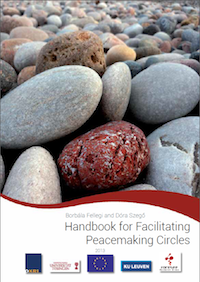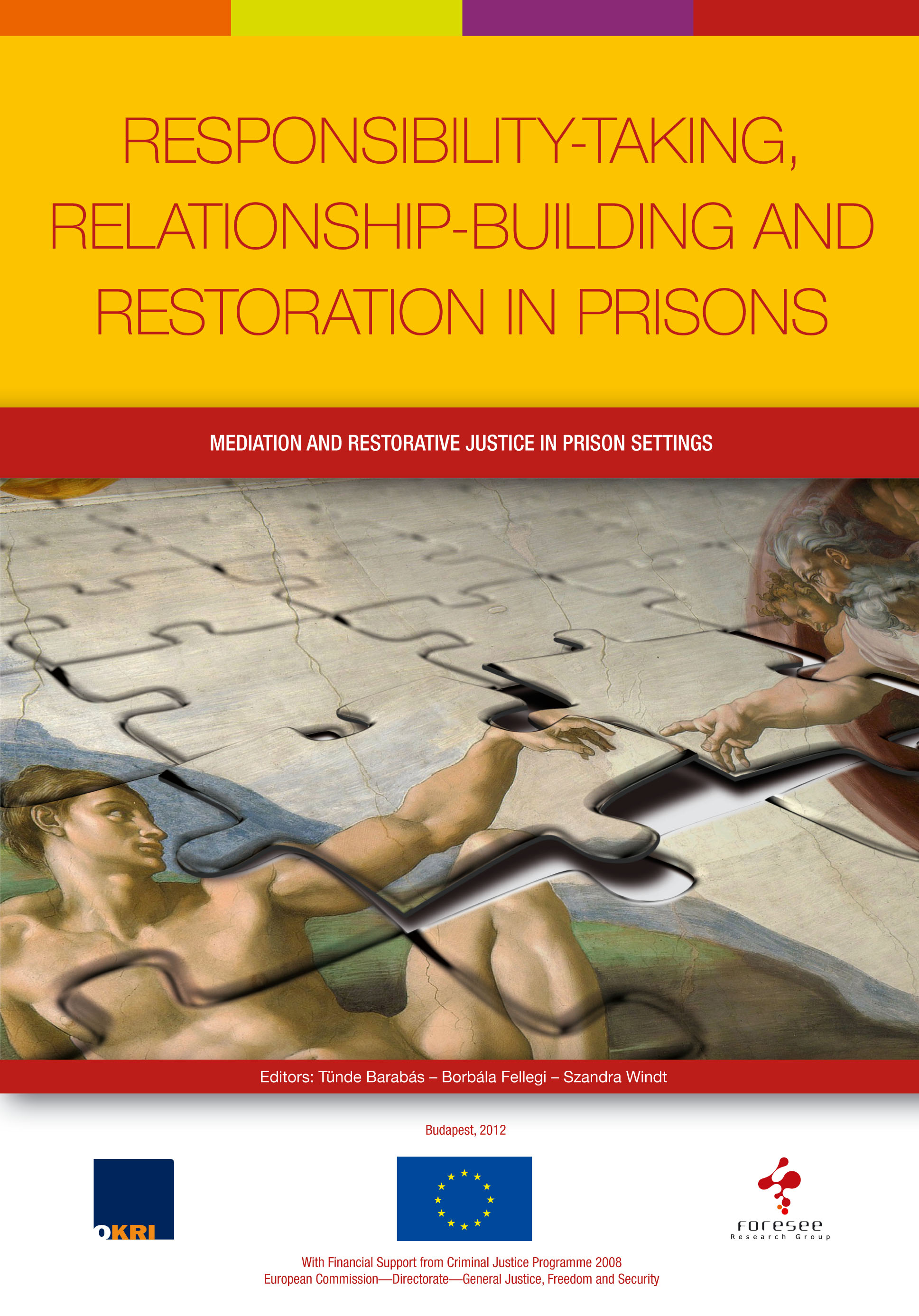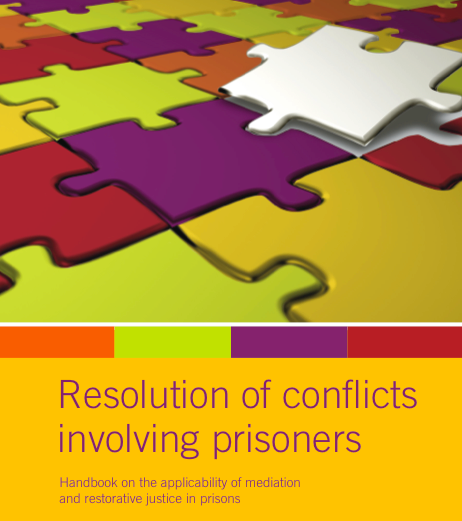Based on research findings, a distinction can be made between Member States of the Central Eastern European region and Western European region on the grounds of (apart from other characteristics) value dimensions and community organisation aspects. Due to historical reasons, one of the key distinct features of respective Member States societies is a low confidence level when dealing with institutions.
Because of the above-suggested similarities, the citizens of these Member States face comparable conflicts in often quite different communities, such as neighbourhood or school conflicts, conflicts between members of various ethnic/national minorities and the majority population, religions disputes, inter-generational dissonances, etc. Such community conflicts inevitably affect people’s everyday lives and their ‘feeling of safety’ in general.
During the implementation of policies within its competency, the Ministry of Interior of Hungary frequently faces continuous need for advice. Also, local practitioners need know-how and methods, which would help them manage community conflicts, get stakeholders involved, and plan, finance and deliver conflict prevention and conflict transformation projects in general. The expertise knowledge is particularly needed when it comes to evaluation of practices and exchange of good practices on local, as well as on national level.
We hope that the e-publication offers valuable ideas in terms of concepts and practices, and that it has a potential to become a useful manual for those, who are interested in implementing new projects either on national or international level.
Project Overview
Facing the Presidency of the Council of the European Union in 2011, Hungary, and more closely the Hungarian Ministry of Interior was interested in strengthening the cooperation among the Member States of the region and enabling the national experts to exchange experiences in the field of crime prevention– in order to explore the potential of restorative methods for building safer communities.
The GPCCM-REG project (“Good Practices of Community Conflict Management in the Central Eastern European Region”, project no. JLS/2010/ISEC/FP/C2 4000001469) was implemented between January 2011 and June 2013 in 5 Member States.
Based on the premise that communities in the Central Eastern European region, Member States face similar conflicts, which directly influence quality of people’s lives and their security perceptions, the project aimed at selecting and evaluating programmes that effectively address such issues. Under professional and financial management of the Hungarian Ministry of Interior, suitable programmes implemented in Bulgaria, the Czech Republic, Romania, Slovakia and Hungary were selected and evaluated with the help of on-spot visits and interviews.
Moreover, one project of each participating country was presented during a one-and-a-half-day international thematic seminar under the aegis of the European Crime Prevention Network, which was organised in June 2011 in Budapest. This seminar also included presentation of projects from other EU countries, thus it offered an interesting comparison of good practices from various perspectives. The main result of the project is the present publication that includes good practices templates and projects evaluations. Recommendations concerning project planning, content and management included in this publication were elaborated on the basis of the project evaluations. An inseparable part of the publication is an example of a model project plan, which offers essential steps for all those interested in the project implementation activities.
The project was finalised after 29 months of intensive work of all experts involved in it. The project as a whole was coordinated by the Ministry of Interior of Hungary, specifically by the staff responsible for the professional and the financial management. The expert tasks of the project were completed by national experts from Bulgaria, the Czech Republic, Romania, Slovakia and Hungary. The experts completed their tasks on an individual basis in their own countries as selectors and evaluators of good practices (3-5 projects for each country), as well as during their joint engagements as an expert working group (evaluating, selecting guidelines, cross-referencing, providing feedback to each other, etc.)














No comments